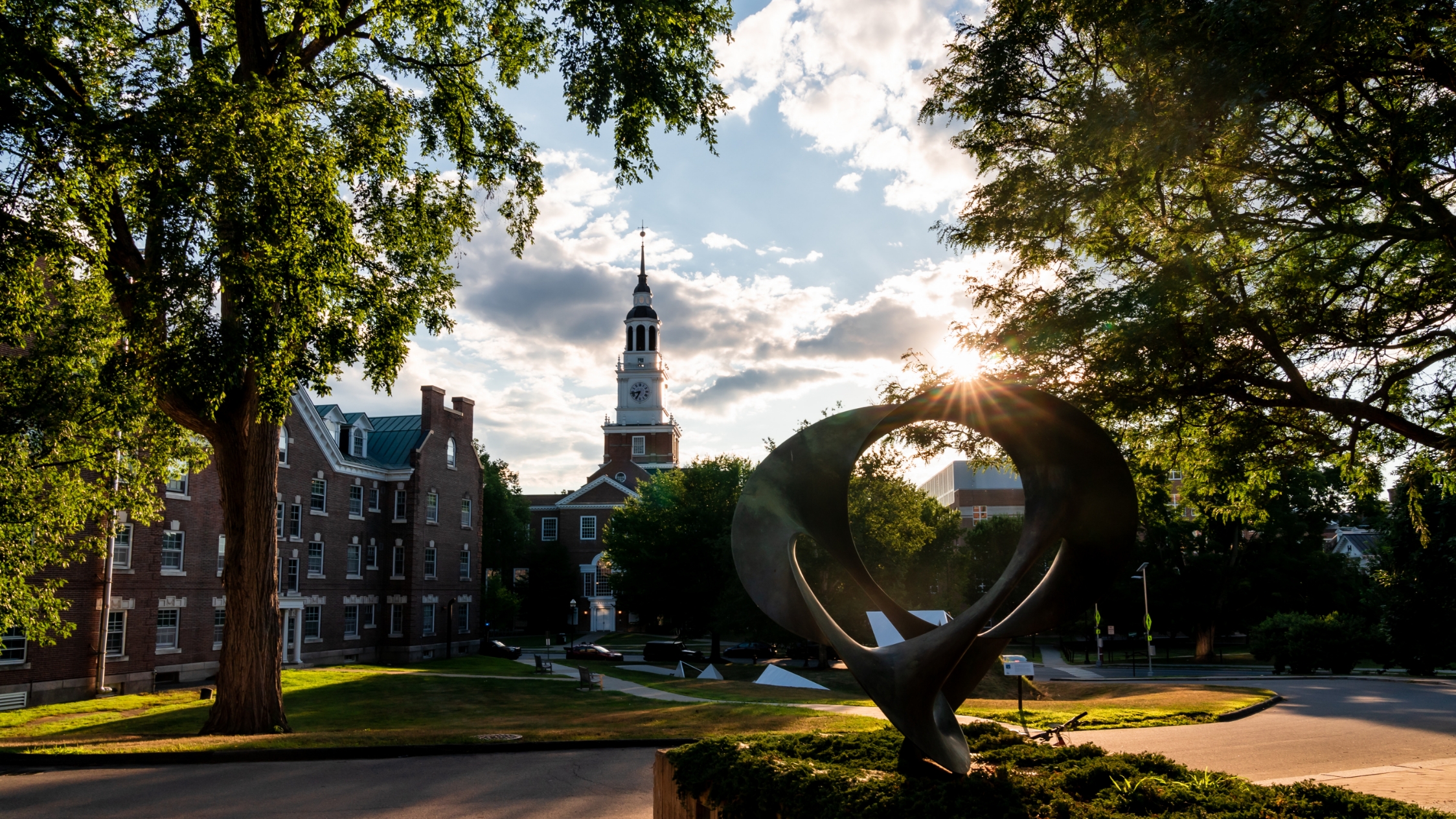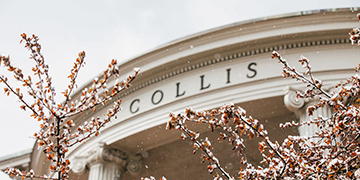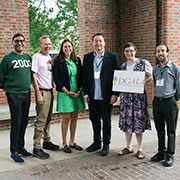Soliciting and managing dues payments is an important responsibility. Class dues may be utilized to subsidize various class engagement activities such as newsletters, mini-reunions, class project, major reunions, and more. The dues solicitation letter can be harnessed as an important communication opportunity by sharing class news, upcoming mini-reunions, information about how dues are spent, and more.
How to Submit Your Dues Solicitation
Treasurers may submit dues solicitation letters to Alumni Relations via QuickBase or in an email to volunteer.engagement@dartmouth.edu.
Dues Solicitation Timeline
Each spring, Dartmouth Alumni Relations sets deadlines for the following year.
- Fiscal Year Starts: July 1
- Email 1: Send in September or October
- Letter 1: Due to Alumni Relations in September | Anticipated receipt by classmates in mid-October
- Letter 2: Due to Alumni Relations in Early February | Anticipated receipt by classmates in mid-March
- Email 2: Send in April or May
- Fiscal Year Ends: June 30
QuickBase & Online Dues Information
Dartmouth provides classes with access to QuickBase, an online system and database used to track dues payments and alumni information for each class. QuickBase contains many templated reports and treasurers may also create customized reports.
New treasurers should contact volunteer.engagement@dartmouth.edu to obtain login credentials.
Dues Solicitation Letters Template and Samples
The following are examples of effective dues solicitation letters used by fellow treasurers. You are encouraged to review these letters as you seek inspiration for your next solicitation letter.
Sample Dues Mailings
Class Dues Acknowledgment Letter
Dues acknowledgement letters are required for all gifts over $250. This letter should acknowledge the generous contribution of your classmate while also serving as a formal acknowledgement for federal tax purposes.
Class Dues Tax Deductibility
Your classmates’ dues may be tax-deductible. Fill out the form listed below and return it to volunteer.engagement@dartmouth.edu. Please read the disclaimer on the form and contact tax@dartmouth.edu with any questions.
Historical Dues Participation by Class
A January 2017 Moosilauke Forum survey—which received 963 responses—indicates that 74% of alumni have paid dues at some point since graduation and 59% have paid within the past two years. While many view the Dartmouth Alumni Magazine* and class newsletters as the primary benefits of dues payment, the most important reason to pay varied by age. Older alumni felt that newsletters, class projects, the administrative cost of dues collection, and class gifts were the most important reasons to pay while younger alumni felt that the reduced cost of reunions and mini-reunions was the most important reason to pay. Unfortunately, among non-dues payers, the perception that there is no benefit to paying dues was the top reason for not participating.
All of this reinforces the importance of educating classmates about the ways in which dues benefit both themselves and the College, reminding classmates whether they have already paid (perhaps through an honor roll on class websites), and finding creative and meaningful ways to solicit classmates.
*The Dartmouth Alumni Magazine is, in fact, no long paid for with class dues. Now paid for by Alumni Relations, all alumni with a valid mailing address receive the Magazine regardless of whether they have paid class dues.
History of Class Dues Participation FY01-FY25
Dues participation is calculated by dividing the total number of dues payers for the fiscal year by the number of alumni solicited for dues at least once during the fiscal year. View the class dues participation by class archive.
History of Class Dues Amounts FY85-FY24
The amounts shown on the sheet are what classes charged for dues during the fiscal years across the top. These amounts represent dues only and do not include any class project donation requests. View the class dues amount charged by class archive.








